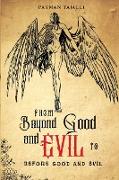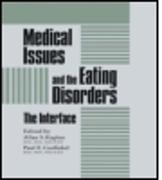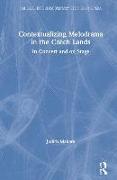From beyond good and evil to before good and evil
BücherAngebote / Angebote:
Every new wave of crisis in business and management has, at least partly, been attributed to the absence or failing of morality (Pfeffer and Fong 2002, Mintzberg 2004, Swanson 2005, Giacalone 2007), and has prompted management schools to address such crises by a call for more ethical forms of behaviour (Friedland 2009, Mintzberg 2009, Rubin and Dierdorff 2009, Wong 2009, Lau 2010, Waddock 2005). But what if ethics itself is in a crisis? What if codes of ethics have been undermined in ways such that they have become detached from their foundations and from that which gave them meaning? This is the belief underlying the thought of the philosopher Friedrich Nietzsche, who argues that, in the wake of the death of God, it is not that specific values are absent, but that the meaning of value as both a concept and phenomenon has fragmented. The implications of the death of God are, to use a metaphor of Nietzsche's, such that this "earth has become unchained from its sun" (GS: 125). For Nietzsche, there is no sun and no light to give meaning to the concept of ethics itself - and with this, all specific ethical codes. The sense and significance of ethics as a discourse or field of study has been fragmented, and a decoupling of the language of ethics from its source has taken place. In the wake of the death of God, there is nothing left but the ruins of ethics, and at best those who are concerned with ethics are rummaging through its ruins.
Folgt in ca. 10 Arbeitstagen




